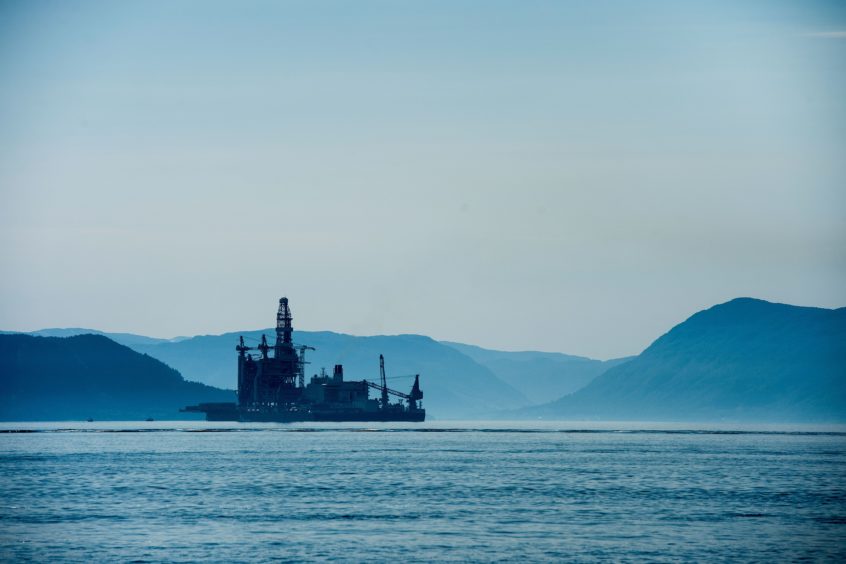
Norway’s plan for a full-scale carbon capture and storage project could end up a financial disaster, according to a new report that includes an increased cost estimate for the venture.
The likely cost of building and operating the project over 10 years — most of which would be funded by the government — could be as much as 25 billion kroner ($2.6 billion), according to an independent report published by the government on Thursday. That’s 8 billion-kroner more than estimated by a previous study, although that only covered five years of operations.
Lawmakers earlier this year pushed the government to prepare the ground for an investment decision this autumn, but the latest report is likely to give some politicians reason to think again. Norway, western Europe’s biggest oil producer, has been reluctant to throw money at costly carbon capture and storage technology after an earlier attempt, dubbed the country’s “moon landing,” failed.
“The measure is considered as costly,” the ministry said in a statement accompanying the report. “There is great uncertainty about the benefits, and the measure could prove to be considerably unprofitable.”
Offshore Storage
The project under consideration involves capturing carbon dioxide from one or two industrial sites in Norway, transporting it on ships and then piping it out to the North Sea for underground storage. For it to be profitable, carbon dioxide emissions would need to cost 10 times as much as they do today, according to the latest report.
The new study, written by Atkins and Oslo Economics, recommends picking only one industrial site, a cement factory in Brevik, south of Oslo, rather than two, in an attempt to reduce costs, it said. That would leave out Fortum Oyj’s waste-to-energy plant in the Norwegian capital.
Norway’s minority government has yet to make a decision, Petroleum and Energy Minister Tina Bru said. It will present its recommendation by October. If parliament gives the plan the green light, the Norwegian state would cover about 80% of the cost while companies including Equinor ASA, Total SA and Royal Dutch Shell Plc, which would run the transport and storage side, would fund the rest.
Norway’s opposition Labor Party, the country’s biggest political group, isn’t deterred by the latest price tag, lawmaker Espen Barth Eide said on Thursday. The pro-oil Progress Party, the government’s preferred partner in parliament, didn’t immediately reply to a call seeking comment.
A series of European industrial companies including Air Liquide SA and ArcelorMittal SA signed non-biding agreements with Equinor in September to join the CCS project at a later stage by providing CO2 to be stored offshore Norway. Even then, the Norwegian government said it would need more international and industrial support to go ahead with the project.
Recommended for you
